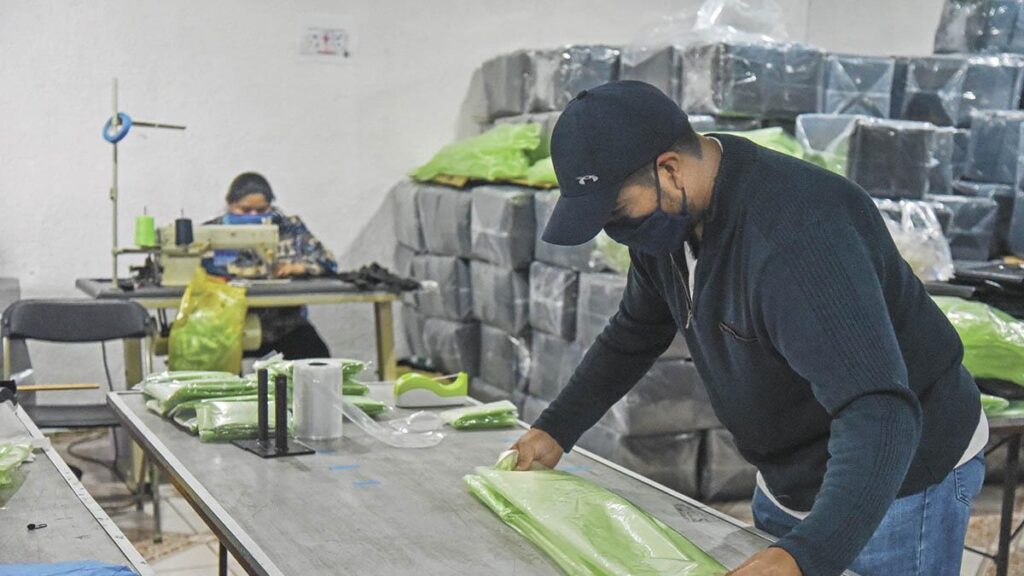Reducing Carbon Footprint in Healthcare Sector
The healthcare sector accounts for 5% of global greenhouse gas emissions due to the use of plastic bags and various medical supplies. In response, Baxter Healthcare Mexico has initiated a circular economy program in collaboration with Hospital Medica Sur to recycle hospital plastic bags into new products.
Circular Economy Program Details
- Baxter Healthcare Mexico partners with Hospital Medica Sur to recycle plastic bags used in the healthcare sector.
- The recycled plastic bags are transformed into pellets, which are then used to manufacture items such as shoe soles, hoses, and other products.
- The potential for reusing these materials is virtually limitless, creating a wide range of applications.
According to Óscar Pérez, General Manager of Baxter for Latin America North, “By converting products that were previously discarded and generating carbon dioxide (CO₂) emissions into raw materials for new products, we have established a circular economy program called ‘Vida en movimiento.’”
Quantifying the Impact
It is estimated that, with Hospital Medica Sur’s current consumption levels, 1.4 to 1.5 tonnes of IV solution bags will be collected annually. Between 50% to 60% of this amount can be recycled, according to Pérez.
Pérez emphasized the importance of proper waste disposal for hospital materials like plastic bags, as regulations vary and can lead to incineration or landfill disposal, both of which generate CO₂ and contribute to climate change.
Defining Regulations for Recyled Products
Montserrat Galindo, Senior Market Access Manager for Baxter in Mexico, Central America, and the Caribbean, explained that they are establishing rules for using recycled products as raw materials to create new items in Mexico.
They plan to use this material to manufacture nursing shoes, ensuring the benefits return to the healthcare sector.
Expanding the Initiative
Although the program started with Hospital Medica Sur, Baxter aims to implement this initiative with numerous hospitals it supplies in Mexico.
As part of their 2030 environmental agenda, Baxter will continue evaluating other products in its portfolio that could be integrated into circular economy programs to reduce their carbon footprint and become a carbon-neutral company in their processes.
Benefits of Circular Economy
Pérez highlighted the various benefits of a circular economy, including promoting biodegradable materials in consumer products, extending the lifespan of goods, and being more cost-effective for companies by reusing resources instead of manufacturing from scratch.
Moreover, it helps address climate change, biodiversity loss, while generating employment and fostering economic growth opportunities.
Their current program has involved investments (amount unspecified) in integrating managers, auditors, and consultants to support the entire project, ensuring hospitals view this as a cultural shift rather than an additional cost.
“This is not a simple program to implement; it requires behavioral changes, which take time. It was an ambitious undertaking that demanded commitment from all parties involved in the process,” Pérez acknowledged.






